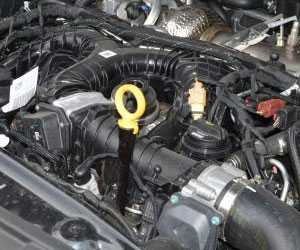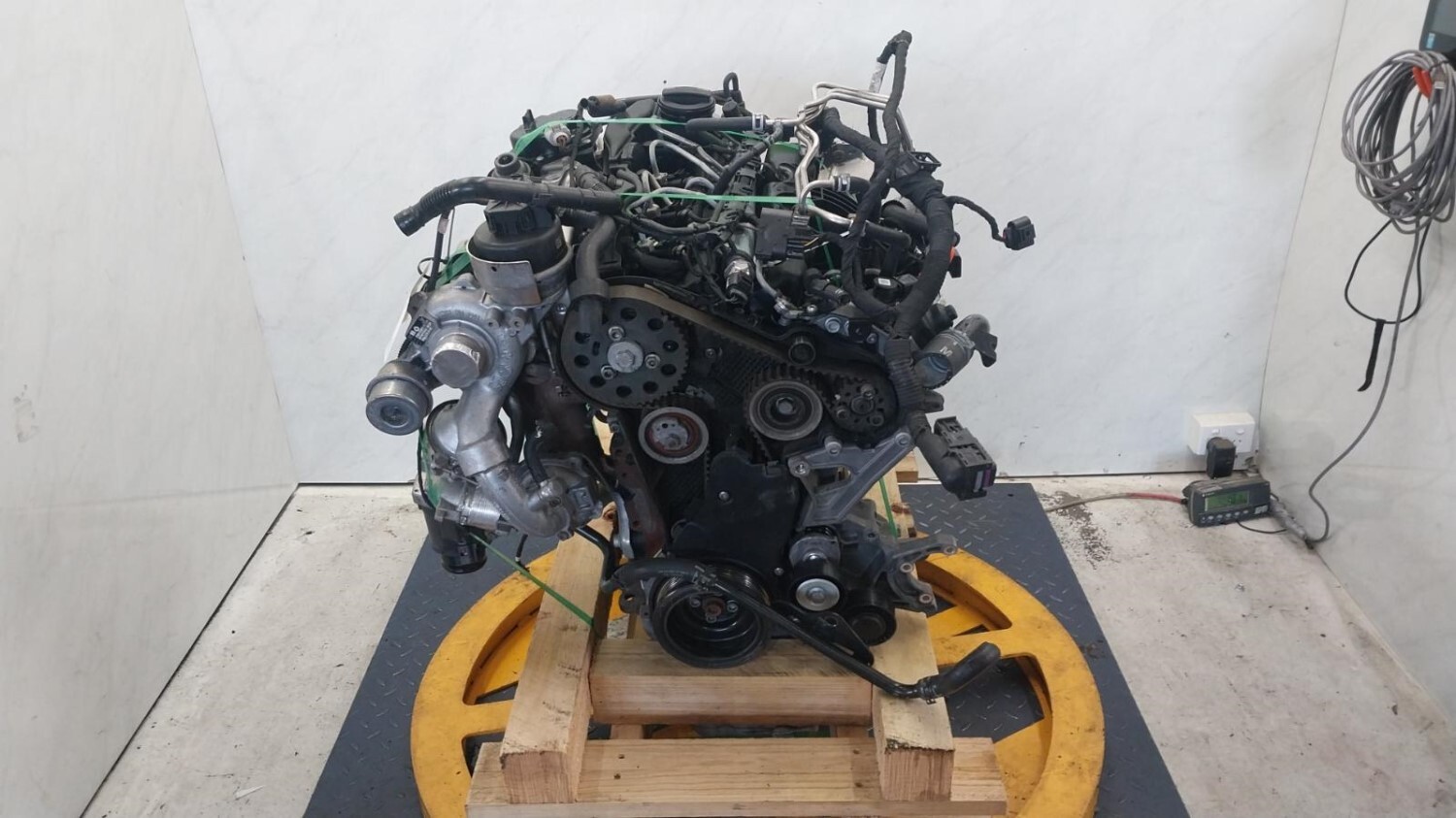Top Quality Amarok Engine for Sale-- Look Into Our Special Range and Offers
Top Quality Amarok Engine for Sale-- Look Into Our Special Range and Offers
Blog Article
Browsing the Refine of Engine Choice: Key Factors to Take Into Account
The procedure of engine selection is a diverse venture that requires careful examination of a number of important variables to guarantee placement with operational goals. Performance demands, gas effectiveness, and financial restrictions are simply the beginning; factors to consider around environmental influence and maintenance support play a critical function in the decision-making structure. Comprehending exactly how each of these components interacts can dramatically influence the performance and long life of your investment. The intricacies of each aspect may not be immediately evident, triggering more exam of how to purposefully navigate this complex landscape.
Performance Demands
When selecting an engine, it is vital to establish clear performance demands that straighten with the desired application. Efficiency needs include an array of factors, consisting of power output, torque qualities, and responsiveness, which must be tailored to the details needs of the automobile or machinery in question.
Power output, normally gauged in horse power, determines the engine's capacity to move a car or do a job effectively. Torque, on the other hand, is essential for applications calling for solid initial velocity or heavy lifting capabilities. An understanding of the operational atmosphere is also essential; as an example, engines designed for off-road applications may need various performance characteristics compared to those meant for highway use.
Furthermore, think about the functional load and duty cycle, as these elements affect the engine's durability and integrity. In high-load scenarios, a robust engine design may be required to prevent premature wear or failure.
Fuel Efficiency Factors To Consider
While efficiency demands are vital, gas performance is similarly important in the engine selection procedure, as it straight impacts operating expense and environmental sustainability. Fuel-efficient engines eat much less gas per system of work performed, which not just reduces total expenditure yet additionally decreases greenhouse gas discharges. As organizations progressively focus on sustainability, picking an engine that maximizes fuel effectiveness can enhance company duty and compliance with environmental policies.
When reviewing fuel effectiveness, it is important to take into consideration the engine's style and technology - amarok engine for sale. Advancements such as turbocharging, straight gas shot, and hybrid systems can significantly boost gas economic climate. Additionally, understanding the operating conditions and duty cycles of the engine application is important; engines might perform differently under varying rates and loads
Furthermore, makers typically supply fuel usage information that can be utilized to compare numerous engine choices. It is recommended to evaluate these specs in real-world situations to make certain precision. The type of fuel made use of can likewise influence gas performance; alternate gas may provide much better efficiency and lower discharges. In recap, gas effectiveness is a multi-faceted factor to consider that requires comprehensive analysis during the engine choice process.
Spending Plan and Cost Evaluation
Budget and price evaluation works as a critical part in the engine option procedure, influencing both temporary investments and lasting operational expenditures. When evaluating possible engines, it is important to think about not only the first purchase cost yet likewise the complete price of possession, which includes installation, maintenance, gas consumption, and possible downtime.
A comprehensive analysis should start with the in advance expenses related to the engine, including essential alterations or supplementary equipment. Concentrating solely on preliminary expenditures might lead to illinformed decisions. Reviewing operating expense over the engine's life-span is equally crucial, as extra pricey engines might supply exceptional fuel efficiency or lowered maintenance needs, eventually causing cost savings.

Environmental Impact Factors
Recognizing environmental effect variables is essential in the engine choice procedure, as sustainability factors to consider have ended up being significantly crucial for both regulative conformity and corporate duty. Organizations must review the exhausts created by various engine types, including carbon dioxide, nitrogen oxides, particle matter, and unburned hydrocarbons. These discharges contribute considerably to air contamination and environment change, requiring a mindful evaluation of the engine's environmental impact.
Additionally, fuel kind plays an important role in ecological influence. Engines powered by renewable resource sources, such as biofuels or hydrogen, tend to have a reduced ecological effect compared to standard fossil fuels. In addition, the lifecycle evaluation of the engine, from production through operation to disposal, should be considered to understand the full range of its environmental implications.

Maintenance and Assistance Choices
When choosing an engine, the availability of upkeep and support options is an essential consideration that can substantially impact functional performance and durability. Comprehensive maintenance prepares make certain that the engine runs at peak efficiency and reduces unexpected downtimes. It is important to assess the supplier's support network, including the schedule of qualified technicians and solution centers.
Evaluating the access of extra parts is also important. Source A dependable supply chain for components can reduce preparations for repair services and upkeep, thus improving general performance. Additionally, think about the convenience of acquiring technological documentation and training sources, which are essential for ensuring that workers are well-appointed to take care of routine and emergency situation circumstances.
An additional essential element is the service warranty and service contracts provided by the producer. Inevitably, a proactive approach to maintenance and assistance not just prolongs the life of the engine yet additionally contributes to the general success of the procedure.
Conclusion
To conclude, the procedure of engine option demands an extensive evaluation of various critical elements, including efficiency needs, fuel performance, budget plan constraints, ecological effect, and maintenance support. By thoroughly analyzing these elements, notified decisions can be made that align with operational purposes and sustainability goals. Inevitably, a critical technique to engine option will certainly make certain ideal performance and longevity while addressing ecological and monetary considerations efficiently.
While performance demands are important, gas efficiency is just as essential in the engine option procedure, as it directly impacts operating expenses and environmental sustainability. As companies increasingly prioritize sustainability, choosing an engine that maximizes gas performance can enhance business obligation and conformity with environmental regulations.
Furthermore, comprehending the operating conditions and duty cycles of the engine application is crucial; engines may perform differently under varying tons and speeds. (amarok engine for sale)
Assessing operating prices over the engine's life expectancy is similarly essential, as extra expensive engines might use remarkable gas effectiveness or lowered upkeep needs, ultimately leading to set you back savings.
In conclusion, the procedure of engine selection requires a detailed evaluation of different vital factors, consisting of performance needs, fuel efficiency, budget restrictions, ecological influence, and useful content upkeep support. - amarok engine for sale
Report this page